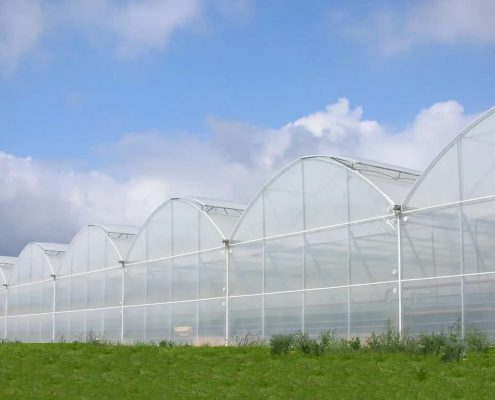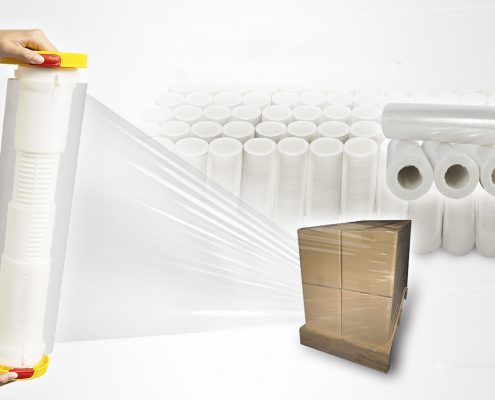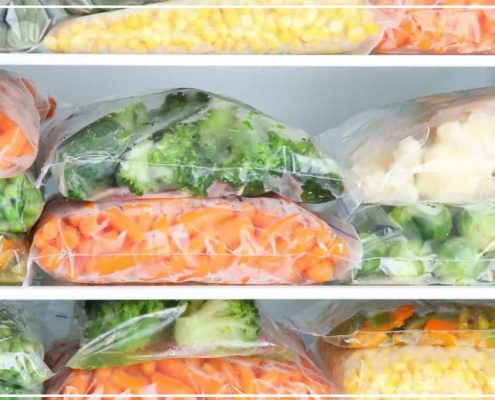 https://cdn.ov2.com/content/tot_emccom_ov2_com/wp-content_85/uploads/2023/04/1634311612_41-p-teplitsi-v-dagestane-foto-48.jpg
828
1339
modir
https://cdn.ov2.com/content/tot_emccom_ov2_com/wp-content_85/uploads/2023/09/tot22-cy-new-color-vector.jpg
modir2023-04-11 11:11:182023-08-01 00:26:00Greenhouse and Agricultural Plastic
https://cdn.ov2.com/content/tot_emccom_ov2_com/wp-content_85/uploads/2023/04/1634311612_41-p-teplitsi-v-dagestane-foto-48.jpg
828
1339
modir
https://cdn.ov2.com/content/tot_emccom_ov2_com/wp-content_85/uploads/2023/09/tot22-cy-new-color-vector.jpg
modir2023-04-11 11:11:182023-08-01 00:26:00Greenhouse and Agricultural PlasticEmbracing Innovation: The Powerful Role of Plastic in Agriculture
Did you know that plastic plays a vital role in revolutionizing the agriculture industry?
Let’s explore how this versatile material is driving innovation and addressing critical challenges, paving the way for sustainable farming practices.
Precision Farming: Plastic films, such as mulching sheets and tunnels, are transforming the way we cultivate crops. They act as a protective shield, minimizing weed growth, conserving soil moisture, and preventing erosion. This technology enables precise control over temperature, humidity, and light, optimizing crop yields while reducing water consumption.
Smart Irrigation Systems: Drip irrigation systems, made possible with plastic pipes and fittings, are revolutionizing water management in agriculture. These systems deliver water directly to plant roots, minimizing wastage and ensuring efficient nutrient absorption. By conserving water and reducing runoff, farmers can achieve sustainable irrigation practices while maximizing productivity.
Crop Protection: Plastic-based materials like nets, covers, and wraps offer unparalleled protection against pests, insects, and adverse weather conditions. Greenhouses equipped with UV-resistant plastic sheets create an ideal environment for plants to thrive, extending growing seasons, and safeguarding crops from extreme temperatures. By reducing dependence on chemical pesticides, these solutions contribute to eco-friendly farming practices.
Packaging Innovations: Plastic packaging solutions enhance the shelf life of agricultural products by providing a barrier against contaminants, moisture, and oxygen. Innovative packaging materials, including biodegradable and compostable plastics, are emerging, offering sustainable alternatives without compromising product quality or safety. These advancements minimize food waste and support a more sustainable supply chain.
Resource Conservation: Plastics are being used to create lightweight and durable farm equipment, reducing energy consumption during cultivation, harvesting, and processing. Additionally, plastic recycling initiatives are gaining momentum, with old farming materials being transformed into innovative products like irrigation pipes, fence posts, and more. This circular approach promotes resource conservation and reduces environmental impact.
Vertical Farming: Plastic-based vertical farming systems are unlocking new possibilities for urban agriculture. These systems allow crops to be grown in controlled environments, utilizing minimal space and resources. By incorporating plastic modules, farmers can optimize plant nutrition, lighting, and climate conditions, leading to increased year-round production and localized food supply.
Let’s embrace these advancements in plastic applications in the agriculture industry, as they hold tremendous potential to address the global challenges of feeding a growing population sustainably.
Feel free to share your thoughts or experiences on the topic! Let’s collaborate for a greener future!






